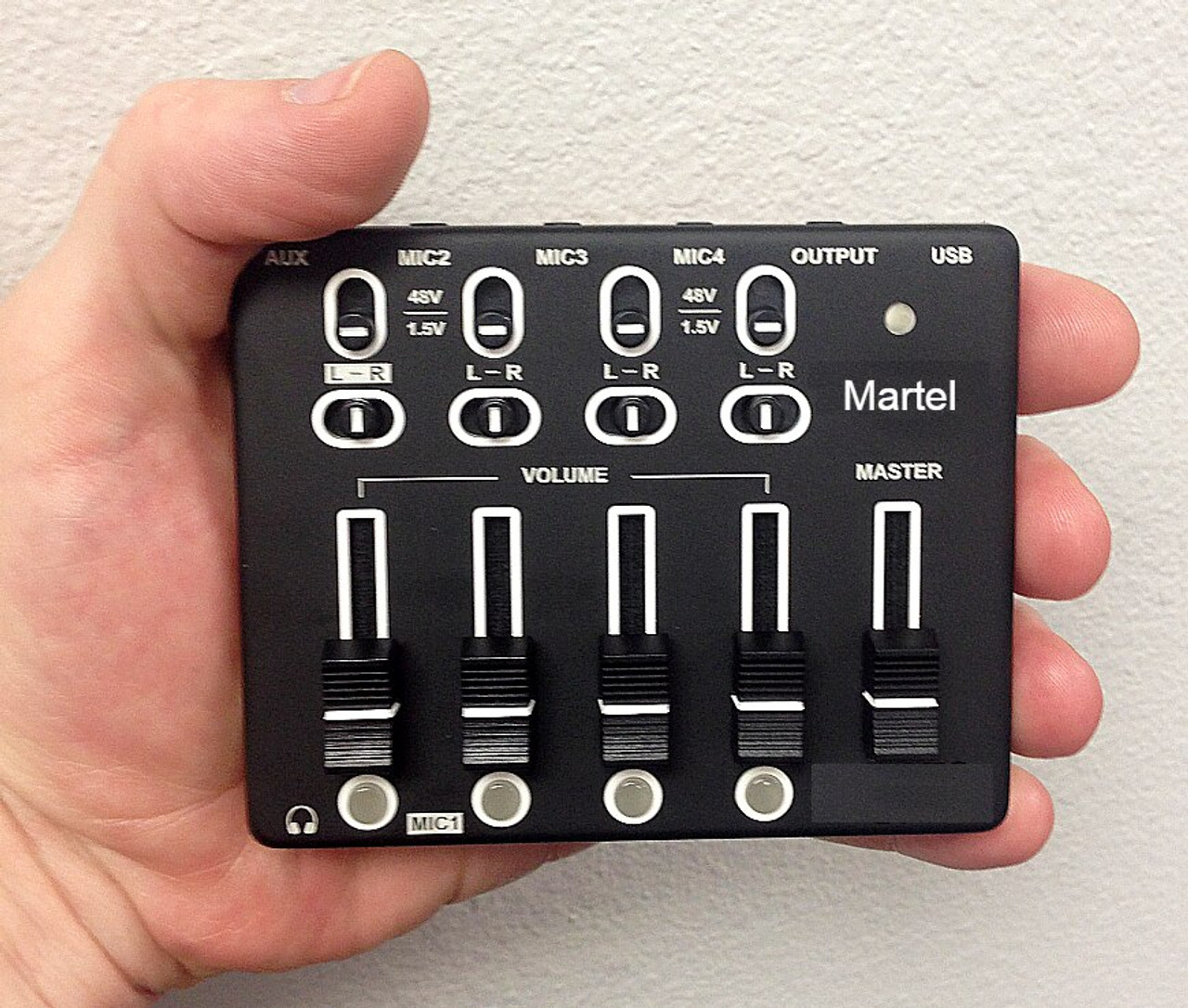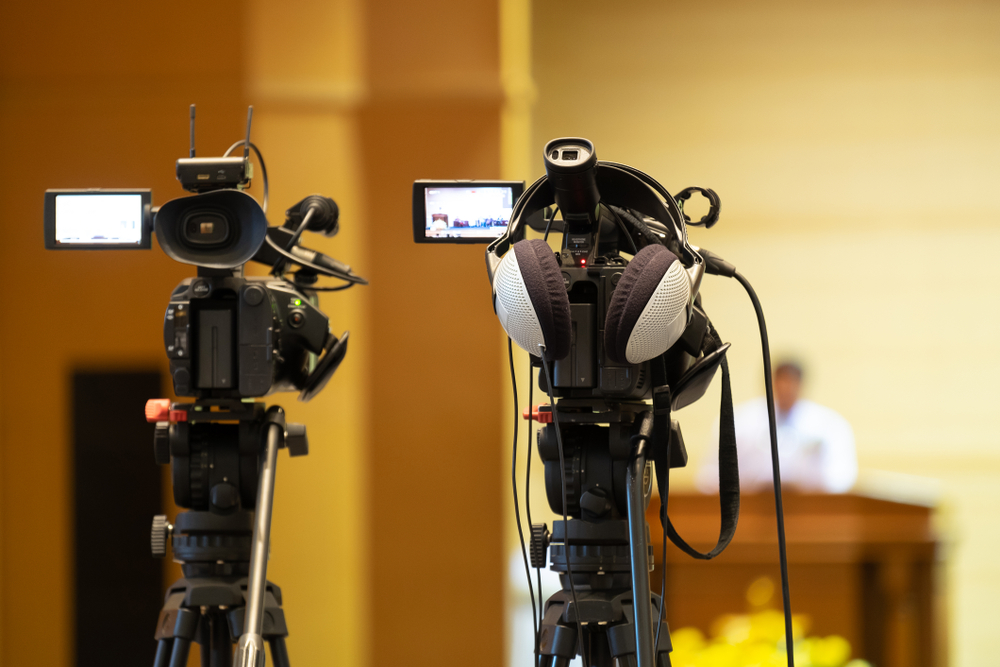The Importance of Lawful Video Clip Depositions in Modern Legal Services: What You Ought to Know
Lawful video clip depositions have actually come to be important in today's lawful landscape. They supply a multidimensional sight of witness statements that traditional transcripts merely can not match. By recording both non-verbal and verbal interaction, these depositions improve the total understanding of a witness's reputation. The effectiveness of video clip depositions pivots on different variables, including conformity with legal standards and finest methods. Discovering these aspects reveals their real value in modern lawful solutions
What Are Lawful Video Clip Depositions?
Lawful video depositions work as a crucial tool in the litigation procedure. They entail taping witness testaments in a video clip layout, recording both spoken and non-verbal interaction. This method enables attorneys to record the disposition, expressions, and reactions of witnesses, offering a richer context for the statement. Usually conducted in a regulated environment, these depositions are led by lawyers who ask concerns while a court reporter records the dialogue. The resulting video can be essential for test preparation, as it enables lawyers to assess the reputation of witnesses and improve their approaches. Additionally, lawful video clip depositions can be made use of in numerous lawful contexts, ranging from civil disagreements to criminal situations. The aesthetic and acoustic elements of video clip depositions improve the presentation of proof, making it an important component in the modern legal landscape. Overall, they contribute substantially to the effectiveness and performance of legal procedures.

Benefits of Video Depositions Over Standard Approaches
Video depositions supply countless advantages contrasted to traditional approaches of taking witness testaments. One significant benefit is the capability to capture both audio and aesthetic components, supplying a more complete record of the witness's statements. This double layout boosts clearness and enables legal professionals to reference details subtleties during trial prep work. Additionally, video clip depositions help with remote involvement, making it much easier for witnesses who may be unavailable for in-person appearances due to geographical restrictions or health issues.Moreover, video clip depositions can accelerate the general deposition procedure, reducing the time and expenses connected with traveling and logistics. They also boost ease of access, as videotaped depositions can be conveniently shared among lawful teams and referenced any time. This comfort adds to better situation administration and prep work. In general, video clip depositions represent a modern, reliable method to gathering witness statements, lining up with the evolving requirements of the legal career.
The Duty of Body Language and Tone in Testimonies

In legal video depositions, body movement and tone play important roles in conveying a witness's reliability and trustworthiness. Nonverbal signs can give understandings into a witness's emotional state, influencing exactly how their statement is regarded. Understanding the impact of these aspects is essential for attorneys and jurors alike when assessing the integrity of a statement.
Nonverbal Communication Insights
While verbal communication is frequently emphasized in legal testaments, nonverbal cues such as body movement and tone play a necessary function in sharing integrity and emotion. Onlookers of depositions might note that a witness's pose, gestures, and faces can substantially influence understandings of reliability. For instance, regular eye contact may signify confidence, while avoiding look can recommend dishonesty or discomfort. The tone of voice-- its rate, pitch, and quantity-- can impart feelings of sincerity or uncertainty. Lawyers should be attuned to these nonverbal signals, as they usually provide crucial context that matches spoken words. Comprehending these subtleties can improve the efficiency of depositions and influence the result of legal proceedings.
Emotional Tone Impact
The psychological tone shared throughout lawful statements significantly impacts how a witness is perceived. Body movement, singing inflections, and faces play crucial functions fit the story of a testimony. A witness showing confidence through steady eye call and a tranquil tone can instill a feeling of integrity and interaction. On the other hand, indications of anxiety, such as fidgeting or an unstable voice, may result in apprehension concerning their account. The subtleties of emotional expression can affect the interpretation of realities, making it essential for lawyers to acknowledge these cues. In video clip depositions, the visual and acoustic components incorporate, stressing the value of psychological tone in sharing sincerity and truthfulness within the legal process.
Integrity and Credibility
A vital consider developing credibility and reliability during statements lies in the witness's body language and intonation. Observers usually count on non-verbal signs-- such as eye get in touch with, stance, and gestures-- to examine a witness's genuineness. For instance, a witness who keeps eye contact and shows open body movement might be regarded as more dependable and sincere than one that prevents eye contact or appears closed off. Furthermore, intonation plays an important function; a consistent, calm tone can strengthen the reputation of the testimony, while changes in pitch or volume may raise doubts. Ultimately, the combination of body movement and singing tone greatly influences how a witness's declarations are obtained and analyzed in a lawful context.
Finest Practices for Carrying Out Video Depositions
Conducting video depositions requires mindful preparation and execution to guarantee a clear and effective discussion of statement. Initially, it is vital to select a peaceful, well-lit location to decrease disturbances and safe ideal video clip quality. The tools must be evaluated in advancement, consisting of cams, microphones, and lighting, to prevent technical concerns during the deposition.Next, parties entailed should assess the style and treatments in advance, making certain that everybody recognizes their duties. The deponent ought to be oriented on the process, consisting of just how to respond plainly and concisely.Additionally, maintaining an expert behavior throughout the session is important. This consists of refraining from talking over one an additional and confirming that all concerns are guided suitably. It is vital to videotape the deposition in a format that allows for simple playback and evaluation, maintaining the honesty of the testimony for future use.
Legal Factors To Consider and Conformity Issues
How do legal considerations and compliance issues affect the efficiency of video clip depositions? Lawful specialists must navigate a complex landscape you could try these out of policies, guaranteeing that video depositions comply with jurisdictional guidelines and criteria. Conformity with regulations worrying personal privacy, approval, and videotaping approaches is crucial. Obtaining specific authorization from all events included is required to avoid lawful repercussions.Additionally, the admissibility of video evidence in court can hinge on conformity with procedural requirements. Ensuring that the tools utilized meets technological standards is additionally essential, as low quality can weaken the deposition's reliability.Moreover, lawyers must be conscious of any kind of specific state legislations that control video clip depositions, as these can differ significantly. Failure to address these factors to consider can not only jeopardize the stability of the deposition but additionally impact the total case approach, eventually affecting the client's lawful results.
Just How Video Depositions Influence Jury Assumption
While video depositions can act as powerful tools in lawful proceedings, their impact on court perception is substantial. The visual and acoustic aspects of video clip recordings offer jurors with an extra extensive understanding of witness disposition, integrity, and emotional reactions. This multimedia strategy can enhance the jurors' capability to examine the integrity of testimony compared to typical text-based transcripts.Moreover, video depositions enable jurors to observe body language, tone of voice, and facial expressions, all of which can affect their analysis of the witness's statements. The presence of a witness on screen can humanize them, cultivating compassion and link, which might guide jurors' point of views. Conversely, a witness who appears evasive or unreliable on video clip might bring about adverse assumptions that affect a jury's decision. Eventually, the dynamic nature of video depositions plays a click to investigate vital role in shaping how jurors interpret evidence and reach their verdicts.
The Future of Video Depositions in Legal Practice
As advancements in technology continue to improve the lawful landscape, the future of video clip depositions is poised for significant evolution. Developments such as man-made intelligence, virtual fact, and boosted video clip conferencing tools are expected to streamline the deposition procedure and enhance ease of access. Legal specialists may use AI-driven analytics to assess witness integrity and case toughness more effectively.Moreover, the combination of virtual fact might allow juries to experience immersive simulations of depositions, offering much deeper context and understanding. Furthermore, the pattern towards remote depositions is most likely to linger, supplying higher adaptability for lawyers and clients alike.As remote work comes to be significantly normalized, video clip depositions will likely come to be common method, decreasing expenses and time restrictions connected with standard approaches. Overall, these technical developments promise to enhance the effectiveness, effectiveness, and access of video depositions in lawful technique, eventually transforming how legal specialists get ready for trial.
Frequently Asked Concerns
Just How Much Do Lawful Video Clip Depositions Usually Cost?

Can Video Depositions Be Made Use Of in Any Kind Of Type of Situation?
Video depositions can be utilized in different kinds of instances, consisting of civil, criminal, and household legislation. Their flexibility enables lawyers to existing witness statements efficiently, adapting to the specific requirements of different legal situations.
What Tools Is Needed for a Video Deposition?
To carry out a video clip deposition, vital equipment consists of a high-grade electronic camera, microphone, illumination, and a trusted recording tool. In addition, a computer with editing software may be required for post-production and formatting the final video.
The length of time Does a Normal Video Clip Deposition Last?
A normal video deposition lasts in between two to 4 hours, depending on the intricacy of the situation and the number of concerns presented. Prolonged sessions might occur, but breaks are normally integrated for individual comfort.

Are Video Clip Depositions Admissible in Court?
Video depositions are generally admissible in court, given they adhere to lawful criteria and rules of proof. Their use enhances clearness and protects witness statement, aiding in the judicial process throughout hearings and tests. Lawful video depositions have actually become necessary in today's legal landscape. additional reading Additionally, legal video clip depositions can be used in numerous lawful contexts, varying from civil disputes to criminal cases. Additionally, video depositions facilitate remote involvement, making it simpler for witnesses who might be not available for in-person looks due to geographical constraints or health issues.Moreover, video clip depositions can expedite the overall deposition procedure, reducing the time and prices connected with traveling and logistics. Guaranteeing that the devices made use of meets technological requirements is additionally important, as inadequate top quality can threaten the deposition's reliability.Moreover, lawyers need to be mindful of any type of certain state legislations that govern video depositions, as these can vary considerably. In addition, the pattern toward remote depositions is most likely to continue, using better adaptability for lawyers and clients alike.As remote work becomes increasingly normalized, video clip depositions will likely end up being common technique, decreasing expenses and time restraints linked with typical techniques.